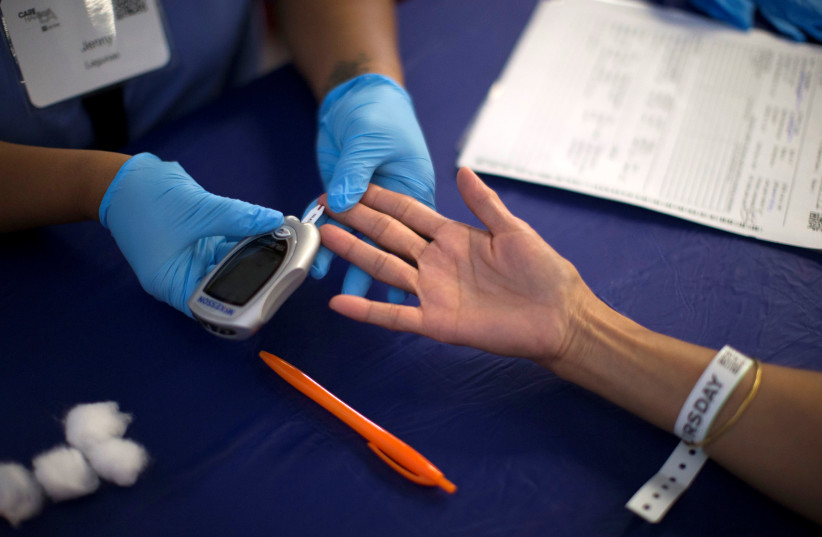America has a diabetes problem, and DreaMed’s personalized care is answering the call.
Diabetes was first recognized more than 3,000 years ago by the ancient Egyptians. It is now considered one of the most common chronic illnesses, affecting 537 million people globally. In the United States alone, more than 37 million, or 11% of the total population, live with diabetes. But despite life-changing medical advancements for this ancient malady, diabetes remains the seventh leading cause of death in the US.
Why?
For one thing, there are simply not enough diabetes specialists to treat the number of Americans living with diabetes, with 41,000 diabetic patients for every one endocrinologist. Therefore, many patients resort to primary care physicians instead of specialists, which can often lead to improper or inadequate treatment.
Though diet and lifestyle can certainly play a role in prognosis, the lack of proper medical care can make a fairly manageable illness turn deadly.

What is DreaMed?
Israel-based DreaMed Diabetes is addressing the gaps in diabetes treatment across the US. The company provides patients who have limited or no access to diabetes specialists with the same customized treatment that a specialist would provide.
Co-founded by a biomedical engineer, medical engineer and a pediatric endocrinologist, the company created the first FDA-approved decision support system at the Schneider Children’s Medical Center for Israel in Petah Tikva eight years ago.
The AI-based system, called endo.digital, uses an automated insulin delivery algorithm to analyze a diabetic patient’s data and immediately recommend the most effective insulin treatment for that individual.
Based right outside Tel Aviv, DreaMed has spread its wings beyond Israel, bringing optimal treatment to American diabetes patients.
The company has brought its technology to a multitude of renowned hospitals and treatment centers, including the University of Florida Diabetes Institute, Texas Children’s Hospital and Nicklaus Children’s Hospital.
These institutional partnerships show that endo.digital’s performance in recommending treatment options matches the accuracy and customization of diabetes specialists.
Forty-six million US residents live in rural areas, but many diabetes specialists practice in big urban centers, leaving a large portion of rural Americans behind. Diabetes patients frequently have to travel long distances to reach a doctor or hospital, making treatment a major inconvenience or impossible to attain.
To make matters worse, there is more diabetes per capita in rural areas than in urban areas. Recognizing this gap in care, DreaMed can lessen the time and effort it takes for patients to visit a doctor. By easily accessing treatment recommendations, patients can diminish therapeutic inertia, or delayed responses.
Therapeutic inertia, the inability to attain or maintain target glycemic levels, especially occurs when providers lack materials, time and training to help their patients. For patients who live in rural areas, therapeutic inertia is common, and dangerous. Failure to intensify medical treatment is devastating to a patient’s progress.
Through DreaMed’s AI-based systems, any doctor’s office can have the same care capabilities as a specialist’s, taking the heat off overworked endocrinologists. As patients can update their monitoring data daily, a doctor can notice a change almost immediately rather than after a few months.
Though US health tech is far from addressing every healthcare issue that affects Americans, technologies that unlock access to the best care are a great first step. Fostering health equity is an important factor in creating healthy societies, and companies bringing innovation to outdated or unfair systems can make that a reality.
